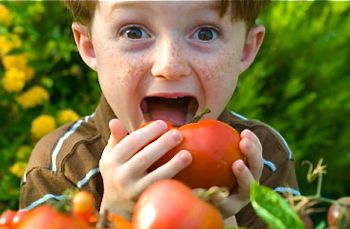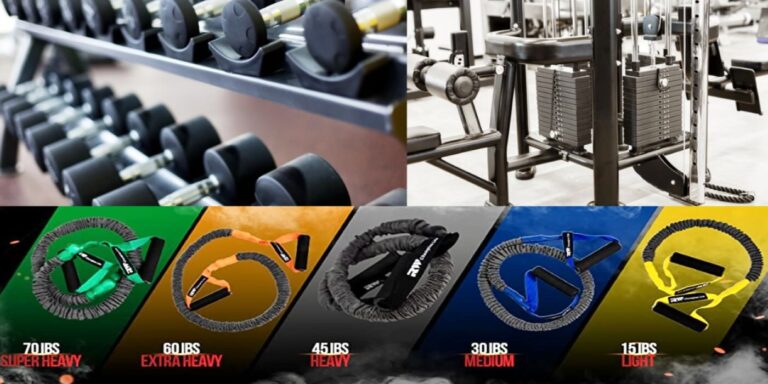You can find many Bible verses about eating and food. Stitch them together and viola! — You have a collection of disconnected passages that often do more harm than good. But God designed us to think, study and wrestle a bit. That means taking Biblical instruction, relating it to our physical lives and then making choices to apply it to life and live it well. Join my journey of food and faith to discover how I wrestled with this topic. Through that wrestling I found peace, health and a more vibrant faith by pursuing biblical eating.
 FLASHBACK: MY STORY
FLASHBACK: MY STORY
“Does God care about what we eat?” The question plagued me. I spent most of my life struggling with compulsive eating. I recovered only by God’s grace and my willingness to turn my life over to Him.
After I chose to live my life for Jesus, I was able to make sane food choices. “Give your life to God and everything is great”, right? Wrong! My world was rocked: I was diagnosed with Candida, a systemic yeast infection. Diagnosing Candida is difficult. Recovering from it is equally difficult. I was forced to give up all sugar, wheat, yeast and processed foods. I ate only vegetables, chicken, fish, nuts, beans, seeds and certain whole grains for nearly a year. Thankfully I was healed.
Finally physically, emotionally and spiritually fit, I wrestled with questions: “Now what? Does God care what I eat? The Candida diet was obviously healthy, but do I have to eat like this for the rest of my life? And what does the Bible say about food? Surely it can’t be silent on such an important topic.”
A few obscure books helped me answer those questions. But finding those resources was difficult. That surprised me since eating is something we all do, every day, three times a day or more.
Through my research and wrestling I made an obvious but amazing discovery – God cares about what I eat. He created my physical body. He placed me in this physical world and provided real, physical nutrients to nourish, equip and energize me to live out the plans and purposes He designed for my time on earth.
 TODAY: FAITH, FOOD AND LIGHTBULB MOMENTS
TODAY: FAITH, FOOD AND LIGHTBULB MOMENTS
That initial discovery and transformation happened over fifteen years. Today, Biblical eating has become my passion. It makes sense when other questions of faith like why does God allow evil, suffering, sickness and disease— do not. Through a continuous stream of “light bulb moments” I am continually motivated to make better choices and learn even more.
For example, when God created the world and human beings, He also created fruits and vegetables specifically designed to meet mankind’s nutritional needs—the identical foods that modern science tells us are the best ways to prevent cancer, high blood pressure, stroke and diabetes. Light bulb moment!
Here’s another example. God declared certain animals to be “clean” or permissible to eat and others “unclean” or not permissible to eat. That is a distinction I had never given much attention in my younger years or after coming to faith. Upon investigation, however, I was amazed at how clean animals’ designs leant themselves to being much healthier for humans than unclean ones. Light bulb moment! You can read more about that in the article Did God Flip A Coin? Scientific Support for the Biblical Food Laws.
Learning about God’s design for eating through light bulb moments like these strengthens my faith, boosts my motivation to eat well and grows the peace I have with my food and with God.
1. Prayerfully ask God to help you see this topic from His perspective. Be open to hearing His voice, seeing new perspectives and learning new things.
2.See what the Bible actually says about food. Do a simple Internet search, read a book like Dr. Rex Russell’s What the Bible Says about Healthy Living, or go right to the source if your Bible has a good concordance. Two great places to start are Genesis 1:29 and Leviticus chapter 11.
3.Make a list of 4 or 5 new foods that you think God designed for you to eat, but you might not have tried or enjoyed in the past. Seek out recipes or other simple ways to enjoy them and add them to your grocery list.
4.Make a list of 1 or 2 foods that you are pretty sure are incompatible with the way God designed your anatomy and physiology. Consider fasting from these for a season.
5. Find a foodie friend to journey with. There are other people hungry for a better way to eat. Together each of you can find support from each other.
 YOU ARE INVITED
YOU ARE INVITED
As I speak on this topic, I’ve had the privilege to meet many people who share this passion. They too have experienced the frustration from the lack of information about Biblical eating. Many more want to explore this topic but don’t know where to begin. To help both of these groups I launched a website that shares what I’ve learned along the way.
BiblicalEating.net provides a good starting point for discovering different perspectives on the topic of biblical eating. Here are some highlights:
RESOURCES – In addition to listing books, products, and other biblical eating information, the Resources section features different perspectives on what Biblical eating actually is. IT includes information on the Daniel Fast, Messianic Jewish and the Hallelujah Acres raw vegetarian Diet. My perspective, is outlined in my blog and based on Dr. Rex Russell’s three principles.
BLOG – My blog includes recipes, basic Biblical eating articles and commentaries that examine current-day food topics, like GMOs and gluten-free eating, through the lens of Scripture. Guest posts introduce both new and established biblical eating voices.
BOOKS – Having written two books on the topic, I have included information and excerpts from each. What the Bible Says about Healthy Living Cookbook: Simple and Tasty Recipes Featuring God’s Ingredients helps readers live out Biblical eating according to Dr. Russell’s guidelines. Holy Cow! Does God Care about What We Eat? is essentially a walk through what the Bible says about eating meat. It is an alternative perspective to vegetarianism.
Biblical eating means different things to different people. I have strong opinions about what it means and I know other people do too. There are a wide variety of intelligent views on this important topic. As you ponder your fitness and life goals for both your near and long-term future, ask yourself the question, “How can I eat biblically?”
Look to BiblicalEating.netas we partner with Faith & Fitness Magazine to bring you new recipes, eating tips and thought-provoking articles for seeing your choices at the grocery store and your favorite restaurant through the lens of faith.






